TED Talk Biology Round-up
Posted by Patricia Gongal, on 21 August 2013
TED is a conference series of mostly amazing speakers across diverse fields in science, business, technology, culture, and global issues. They post tons of the talks on their website, www.ted.com, and not only do they have a full array of fascinating subject material, but they’re also a source of inspiration if you’re looking for ways to improve your presentation style or communicate with a broad audience.
Here is a round-up of 8 cool biology-themed talks to put on the next time you have a 5-20 minute incubation step.
1. Tyrone Hayes and Penelope Jagessar Chaffer: The toxic baby
A great collaboration between a filmmaker and frog biologist. They explore the chemicals in our environment and how these may be influencing human development and disease.
2. Munir Virani: Why I love vultures
A talk extolling the virtues of vultures, how they contribute to ecosystems and prevent the spread of disease, and the threats they face.
3. Cynthia Kenyon: Experiments that hint of longer lives
The story of a long-lived mutant in C. elegans, and the link between stress, metabolism, and lifespan.
4. Ellen Jorgensen: Biohacking — you can do it, too
Ellen Jorgensen is one of the founders of Genspace, a lab that teaches “regular people” in the community to do molecular biology. She explains what they do (fun and interesting projects), and what they don’t do (create pathogens that will wipe out humanity).
5. Susan Lim: Transplant cells, not organs
Susan Lim highlights the problems with the current system of organ transplants, based on her moving personal experiences as a transplant surgeon in Singapore, and discusses her work on adipose stem cells.
6. Michael Dickinson: How a fly flies
A cool study of flight using model robot insects (!)
7. Emma Teeling: The secret of the bat genome
Emma Teeling is the Director of the Centre for Irish Bat Research, and discusses some of the unique biological features of bats, the rap bad they get in Western culture, and how they contribute to human agriculture, economics, and health.
8. Bonnie Bassler: How bacteria “talk”
Bacteria communicate for group behaviors like pathogenesis: Bonnie Bassler talks about the major advances made in her lab, with implications for all types of cell-cell communication.


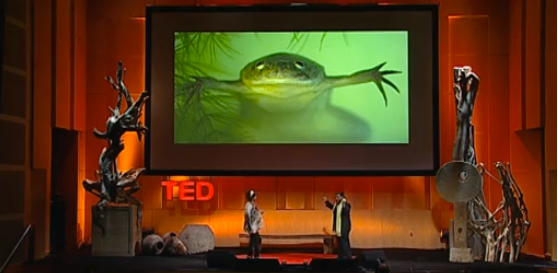
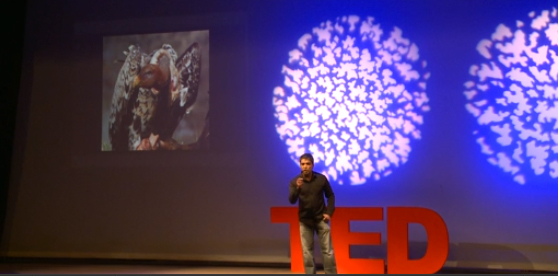
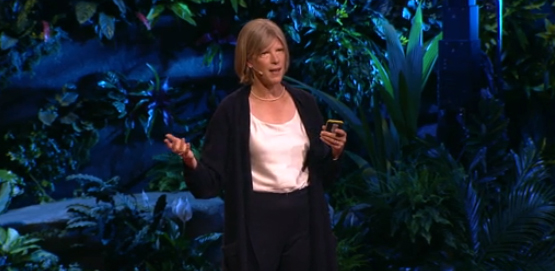
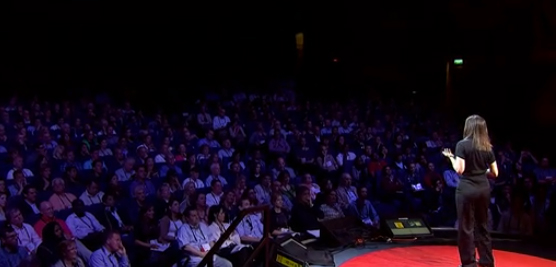

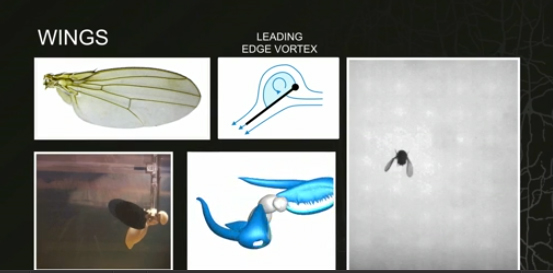
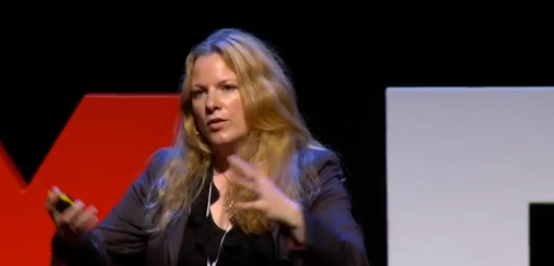
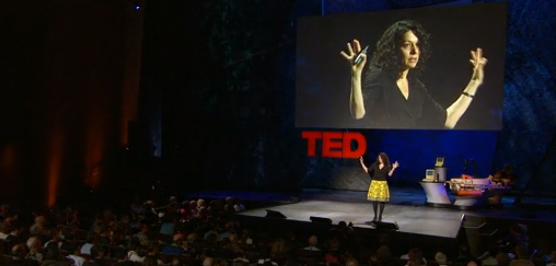
 (5 votes)
(5 votes)